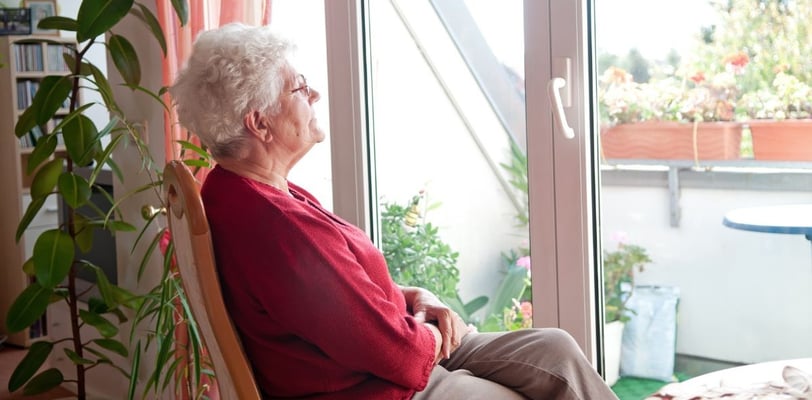The Silent Struggle: How Elderly People Cope with Daily Tasks Alone
As life progresses, it’s natural for family dynamics to evolve. Children move out, careers demand time, and distances grow. For many elderly individuals, this evolution leaves them facing a sobering reality: managing daily tasks alone.
NYUVA
1/8/20252 min read


The Silent Struggle: How Elderly People Cope with Daily Tasks Alone
As life progresses, it’s natural for family dynamics to evolve. Children move out, careers demand time, and distances grow. For many elderly individuals, this evolution leaves them facing a sobering reality: managing daily tasks alone.
In India, where family bonds are traditionally strong, the increasing trend of nuclear families, urban migration, and busy lifestyles often leaves older adults isolated. For the elderly who live alone, this isolation is not just emotional—it directly impacts their ability to manage everyday responsibilities.
The Challenges Faced by Elderly Individuals
Healthcare Management
Frequent hospital visits, managing medications, and navigating complex health insurance paperwork can be overwhelming. For someone in their golden years, even simple activities like scheduling a doctor’s appointment or collecting reports can feel daunting without support.Errands and Shopping
Groceries, medicines, and other essential errands are often physically taxing for elderly individuals. Long queues, heavy bags, and transportation challenges exacerbate the struggle, particularly for those with limited mobility.Technology Gap
While the younger generation has embraced digital tools for convenience, many older individuals struggle with technology. Tasks like paying bills online, booking appointments, or using apps for services can seem like insurmountable hurdles.Transportation Issues
Many elderly individuals no longer drive or feel unsafe navigating public transportation. Dependence on others for rides can restrict their independence, making it harder to complete tasks like attending social gatherings or medical check-ups.Loneliness and Emotional Toll
Beyond the physical challenges, loneliness amplifies the difficulty of everyday tasks. Without someone to talk to or seek advice from, the weight of responsibilities becomes even heavier.
Stories That Highlight the Struggle
Take the example of Mrs. Sharma, a 72-year-old widow living in Delhi. Once active and independent, she now faces challenges in completing simple errands. Her arthritis makes standing in queues unbearable, and she feels embarrassed asking her neighbors for help repeatedly.
Or consider Mr. Iyer, a retired teacher in Bangalore. His children live abroad, and while they call him regularly, they can’t assist with his immediate needs, like repairing a leaking faucet or accompanying him to the bank.
Why We Need to Step Up
As a society, it’s essential to recognize these struggles and act. Supporting our elderly population isn’t just about fulfilling a moral obligation—it’s about ensuring they maintain their dignity and independence in their later years.
Community Engagement
Encouraging community programs where volunteers assist elderly individuals can significantly impact their quality of life.Service Platforms
The rise of assistance services, like NYUVA, is a step forward in bridging the gap. With helpers who can assist with tasks like hospital visits, errands, or even just providing companionship, such platforms empower the elderly to lead stress-free lives.Family Awareness
Families can play a more active role by checking in on their elderly relatives, teaching them basic technology skills, or arranging for professional help when needed.
A Vision for the Future
The challenges elderly people face today are solvable with collective effort. By leveraging technology, fostering community support, and raising awareness, we can create an inclusive environment where our elders are not just cared for but celebrated.
Let’s remember: the struggles of the elderly today may well be our own tomorrow. The steps we take now to support them lay the foundation for a kinder, more empathetic society.
